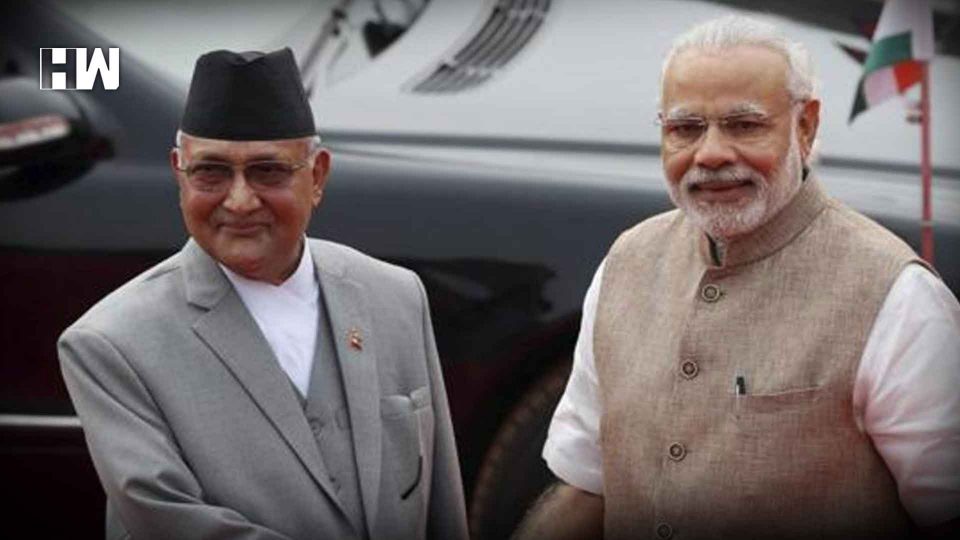A key element of Prime Minister Narendra Modi’s focus during his Nepal visit will be engaging with all political streams in Nepal, including, the elected government of the day, and sending signals of support and reassurance to all.“This is a working visit. The PM will focus on bilateral projects and steps needed on both sides to expedite it. But another element will be political engagement with all sides,” said a person on the visit.
The PM will extensively interact with his host, Prime Minister KP Oli, with whom India shared difficult ties in the past. It was during the congratulatory call after he got elected that Oli invited Modi to come to Nepal soon, and Modi had promised he would do so.
Oli stuck to tradition and made India his first foreign port of call in April after becoming PM. Such a quick reciprocal visit, in just over a month, is unusual for Modi. “It signals the PM’s personal commitment to working with the elected government of the day in Kathmandu,” said the person quoted above.
Oli had long requested a one-on-one meeting with Modi, without the presence of any official, and got it in Delhi.
“Trust-building with Oli began with Sushma Swaraj’s visit before he had taken over, his own visit, and the one-on-one meeting. The PM’s visit will deepen it,” said the person cited above.
But the Prime Minister will also meet other key stakeholders in Nepal’s polity.
The Nepali Congress (NC), the key opposition force, has sent messages to Delhi that it believes that in its outreach to Oli, India has neglected it’s older allies, two NC leaders confirmed. Modi will meet NC president and former PM, Sher Bahadur Deuba, and his party representatives.
“We will assure NC that India plans to maintain all its old contacts and relationships. We believe they are vital participants in Nepali democracy,” the person said But if the opposition has expectations that India will undermine the elected government, or ‘play politics’, this will not happen, he said.
Modi will also have a ‘goodwill meeting’ with Oli’s key ally Pushpa Kamal Dahal ‘Prachanda’, chairman of the Communist Party of Nepal (Maoist Centre). Maoists and Oli’s party, Communist Party of Nepal (Unified Marxist Leninist) are discussing a possible merger, but this has got delayed.
Large sections of the hill population were upset with Indian backing for Madhesi protests at the border which crippled essential supplies. But as Delhi mended ties with Kathmandu, Madhesis began harbouring a sense of resentment that India had dropped their cause.
“We are conscious that this is a federal system. And any assistance we announce has to be routed through the centre in Kathmandu,” the person involved in planning the visit added.
Modi will also meet the leaders of the two prominent Madhesi parties and convey a message that Madhesi forces should remain united.
As an independent media platform, we do not take advertisements from governments and corporate houses. It is you, our readers, who have supported us on our journey to do honest and unbiased journalism. Please contribute, so that we can continue to do the same in future.

